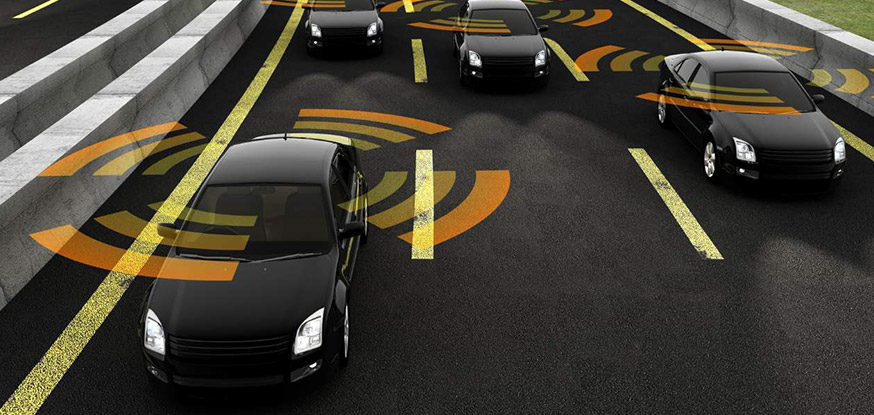Portugal is set to introduce 'free zones' in an attempt to accelerate the development and deployment of self-driving cars and drones in the country. The 'free zones' will also have special regulations which will subsequently allow firms developing driverless technology to test the vehicles in a much more stringent way.
In addition to this, it is believed that officials behind the initiative are hoping that by showing support from a regulation standpoint which enables more freedoms for those developing, the technology will attract investment in self-driving cars.
Industry Secretary, Ana Lehmann conceded that their approach towards regulatory and legal aspects were to ultimately provide an environment which was friendly for the testing of new technologies such as the deployment of autonomous vehicles and drones.
Lehmann said, "We are working a lot on the regulatory and legal aspects because this is really totally fundamental for opportunities in this area. One of the areas we are working on has to do with technological free zones and drones is one of the areas we want to promote. Another is autonomous vehicles."
Portugal is representative of a growing number of countries that are now reevaluating how they allow companies to test their new technologies. The United Kingdom has made a number of special dispensations for Amazon in order to facilitate their special parcel delivery test. In Australia, Alphabet's Google has initiated tests on drone delivery technology in a project entitled 'Project Wing', and just last week the US government approved a plan for expanding drone testing.
Portugal's Industry Secretary stressed that the Portuguese government was carefully examining the laws needed for such zones. This year, the country restricted the use of drones in order to raise public security. At the moment, Portuguese law prohibits the testing of self-driving cars on public roads. Lehmann added, "We are studying some locations and what is needed within a legal framework that is very careful because these technologies have an impact. This is a delicate topic and we want to do it properly."
One of Portugal's leading technology companies is Veniam which has developed wireless networks for public transport and hopes to utilize that know-how for autonomous vehicles. It developed its first system in Porto, and the Industry Secretary described it as a very interesting test case.
Mercedes-Benz this year opened a digital center in Lisbon, which includes development of autonomous vehicle technology while Volkswagen has a big assembly plant in Portugal.

